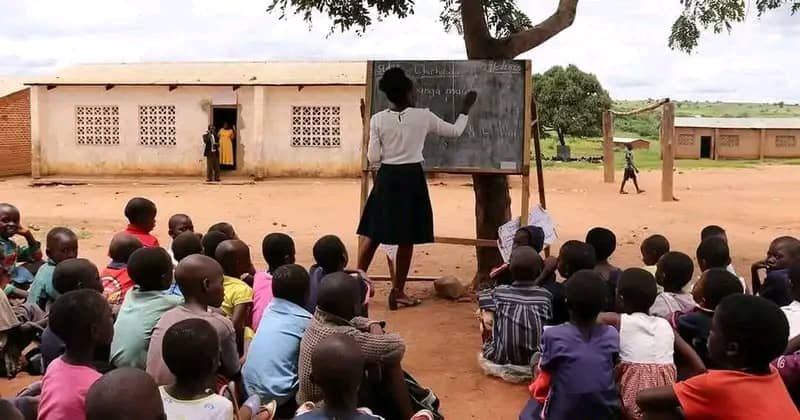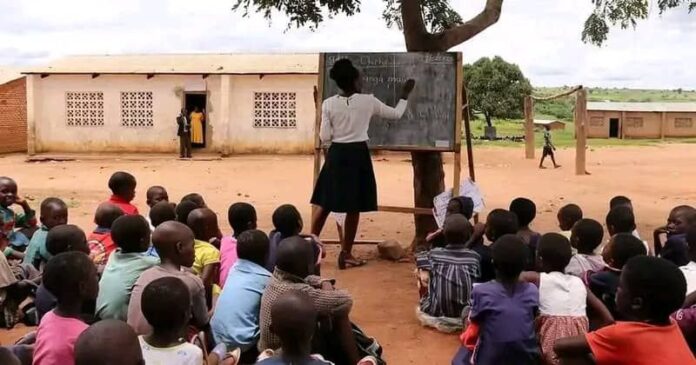By Burnett Munthali
The Malawi Government may need at least K95 billion every year to recruit and sustain over 26,000 new primary school teachers.
This estimate comes amid growing pressure to address the chronic teacher shortage in the country’s public primary schools.
Currently, Malawi’s education system is overwhelmed by high learner-to-teacher ratios, with some schools reporting class sizes of over 100 pupils per teacher.

According to education experts, the ideal teacher-pupil ratio should be 1:60, but the reality on the ground remains far from this standard.
The Ministry of Education has acknowledged that while thousands of qualified teachers remain unemployed, limited fiscal space has hindered their absorption into the civil service.
A comprehensive plan to hire and retain 26,284 new teachers would require a long-term financial commitment, with annual expenditures projected at around K95 billion.
This figure includes salaries, training, support services, and infrastructure adjustments necessary to accommodate the expanded workforce.
Government officials have stated that the financial challenge is not only about hiring but also about ensuring the sustainability of these positions in the years to come.
Treasury sources say integrating such a large number of teachers into the wage bill will require a significant reallocation of resources or the introduction of new financing mechanisms.
Stakeholders in the education sector have urged the government to treat the recruitment of teachers as a national emergency, arguing that no meaningful learning can take place in overcrowded classrooms.
Some civil society groups have also called on development partners to assist the government in bridging the funding gap, especially in the short term.
Meanwhile, thousands of trained teachers across Malawi continue to wait for deployment, despite having completed their training years ago.
These unemployed teachers have repeatedly held demonstrations and submitted petitions to Parliament, demanding immediate action.
The teachers argue that the prolonged unemployment not only affects their livelihoods but also contributes to declining educational standards in the country.
As public concern grows, the government now faces the dual challenge of raising the necessary funds and proving its commitment to improving the quality of education in Malawi.
Without decisive action, the dream of delivering quality, inclusive, and equitable education to all Malawian children risks being derailed.
The coming months will be crucial in determining whether the government can marshal the political will and financial resources to address this pressing educational crisis.



